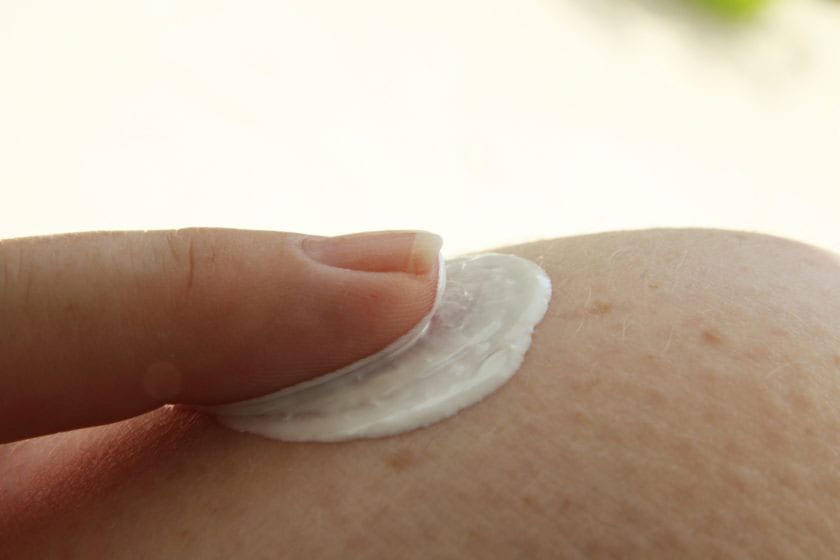According to BioSpace, a new treatment for pemphigus vulgaris (PV) has been recently approved by the U.S. Food and Drug Administration. The treatment, Rituxan (rituximab), is geared towards adults who have moderate to severe PV.
Pemphigus vulgaris (PV) is a rare autoimmune skin disease that causes painful blisters on the skin. PV affects the mucous membranes of the skin found in the throat, mouth, genitals, nose, lungs, and eyes. Typically, PV starts in the mouth and then spreads to other parts of the skin. PV blisters may make eating difficult and are generally very painful for those who have the condition. The exact cause of PV is unknown and treatment includes corticosteroids and immunosuppressive drugs. To read more about PV, click here.
Though there are a few treatments on the market for PV, the newest FDA approved treatment for the condition is the first notable treatment approval for PV in over 60 years. Not only this, but the treatment in conversation, Rituxan, is the first approved biologic treatment for PV. The most common treatment for PV before this development, corticosteroids, is occasionally fatal.
The FDA approval came from the results of a phase III clinical trial, Ritux 3. The trial, which took place in France, was randomized and controlled and had been approved by the European Union. The clinical trial split PV patients up into two treatment groups. One group received rituximab combined with corticosteroids, the current standard of treatment, and one group received just the corticosteroids.
The primary endpoint for the clinical trial was complete remission after 24 months without using steroid treatment for at least two months. The results of the study showed that PV patients who used the corticosteroids and rituximab met the primary endpoint 90% of the time, while only 28% of the trial participants who were only on corticosteroids met the same endpoint.
This is a significant percentage disparity, meaning that the Rituxan treatment is the real deal. Not only does this have a positive impact on patients struggling with PV, but Rituxan has also been approved for three other autoimmune conditions: microscopic polyangiitis, rheumatoid arthritis, and granulomatosis with polyangiitis.
For PV patients, this could be the best thing since sliced bread.
Sandra Horning, chief medical officer and head of Global Product Development for Roche and Genentech explained, “Today’s decision by the FDA provides the first approved treatment opinion in more than 60 years for patients with pemphigus vulgaris, a potentially life-threatening disease.”
“We are pleased to offer Rituxan as a new and effective therapy to patients with this serious condition,” she continued.
To read more about this encouraging new treatment option for PV patients, click here.







